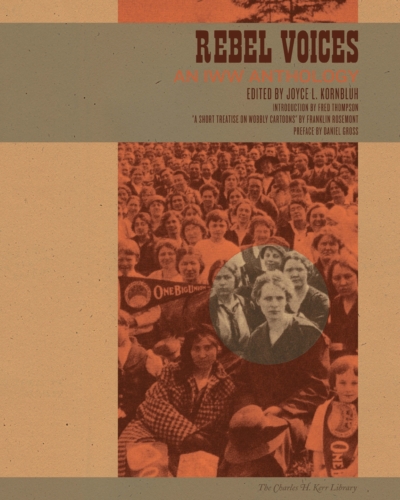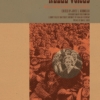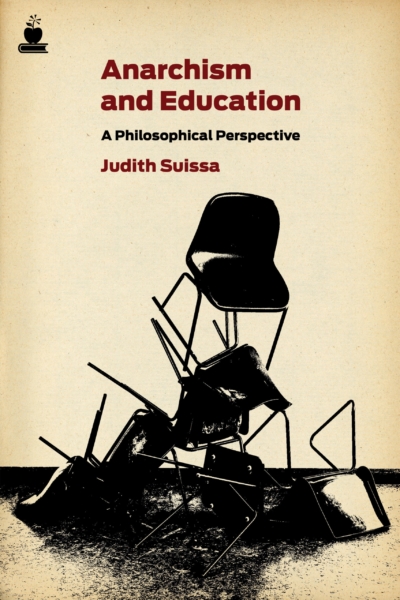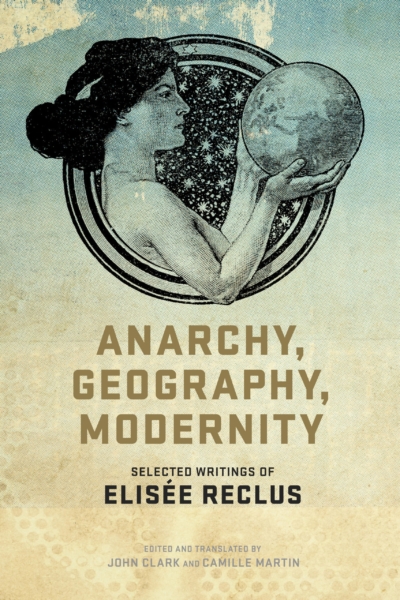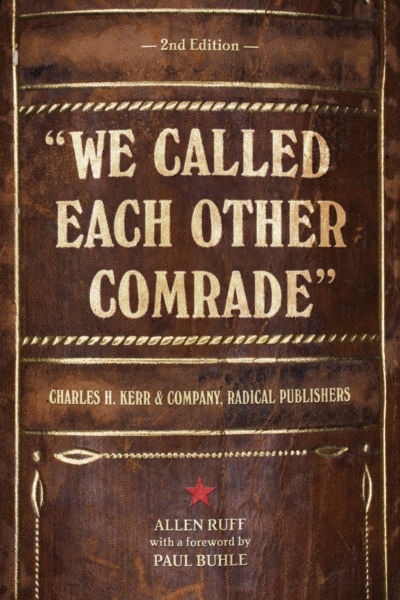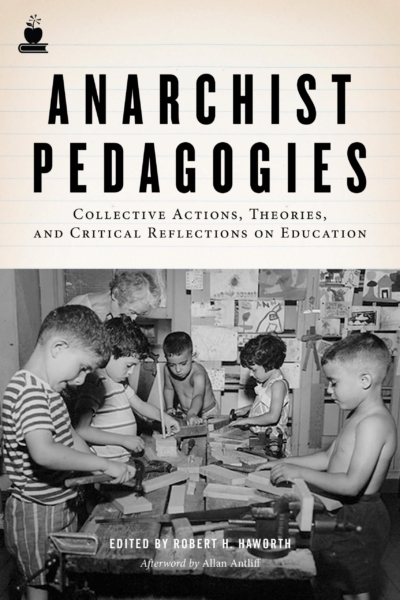Welcoming women, Blacks, and immigrants long before most other unions, the Wobblies from the start were labor’s outstanding pioneers and innovators, unionizing hundreds of thousands of workers previously regarded as “unorganizable.” Wobblies organized the first sit-down strike (at General Electric, Schenectady, 1906), the first major auto strike (6,000 Studebaker workers, Detroit, 1911), the first strike to shut down all three coalfields in Colorado (1927), and the first “no-fare” transit-workers’ job-action (Cleveland, 1944). With their imaginative, colorful, and world-famous strikes and free-speech fights, the IWW wrote many of the brightest pages in the annals of working class emancipation.
Wobblies also made immense and invaluable contributions to workers’ culture. All but a few of America’s most popular labor songs are Wobbly songs. IWW cartoons have long been recognized as labor’s finest and funniest.
The impact of the IWW has reverberated far beyond the ranks of organized labor. An important influence on the 1960s New Left, the Wobbly theory and practice of direct action, solidarity, and “class-war” humor have inspired several generations of civil rights and antiwar activists, and are a major source of ideas and inspiration for today’s radicals. Indeed, virtually every movement seeking to “make this planet a good place to live” (to quote an old Wobbly slogan), has drawn on the IWW’s incomparable experience.
Originally published in 1964 and long out of print, Rebel Voices remains by far the biggest and best source on IWW history, fiction, songs, art, and lore. This new edition includes 40 pages of additional material from the 1998 Charles H. Kerr edition from Fred Thompson and Franklin Rosemont, and a new preface by Wobbly organizer Daniel Gross.
Praise:
“Not even the doughtiest of capitalism’s defenders can read these pages without understanding how much glory and nobility there was in the IWW story, and how much shame for the nation that treated the Wobblies so shabbily.” —New York Times Book Review, on the 1964 edition.
“The IWW blazed a path in industrial history and its influence is still felt today. Joyce Kornbluh has performed a valuable service to unionism by compiling this comprehensive anthology on the more militant side of labor history.” —Southwest Labor
About the Editor:
Joyce L. Kornbluh —workers’ educator, labor historian, and community activist—retired from the Labor Studies Center, University of Michigan. She is the author of A New Deal for Worker’s Education: The Workers’ Service Program, 1934–1943 and co-author of Rocking the Boat: Union Women’s Voices 1917–1975.
About Daniel Gross (preface):
Daniel Gross is an organizer with the Industrial Workers of the World and a co-founder of the first union in the United States at the Starbucks Coffee Co. Mr. Gross is also the founding director of Brandworkers International, a new non-profit organization protecting and advancing the rights of retail and food employees across the supply chain.
About Franklin Rosemont (contributor):
Franklin Rosemont was a celebrated poet, artist, historian, street speaker, co-founder of the Chicago Surrealist Group, and publisher at Charles H. Kerr. Over four decades, Franklin produced a body of work, of declarations, manifestos, poetry, collage, hidden histories, and other interventions intended to inspire a new generation of revolution, and became perhaps “the most productive scholar of labor and the left in the United States.”
About Fred Thompson (introduction):
Fred Thompson was a socialist, Wobbly, organizer, soapboxer, editor, class-war prisoner, educator, historian, and publisher with Charles H. Kerr.
Product Details:
Edited by Joyce L. Kornbluh
Preface by Daniel Gross
Contributions by Franklin Rosemont
Introduction by Fred Thompson
Publisher: PM Press
ISBN: 978-1-60486-483-0
Published: September 2011
Format: Paperback
Size: 10 by 7
Page count: 472 Pages
Subjects: History, Labor, Politics
See and hear author interviews, book reviews, and other news on the Editor’s Page HERE

